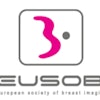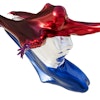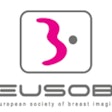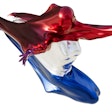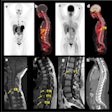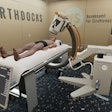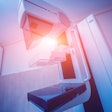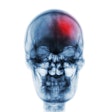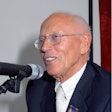The Institute of Diagnostic and Interventional Radiology in Frankfurt, Germany, is teaming up with the Institute of Physical and Theoretical Chemistry to test a new and hopefully safer alternative to conventional contrast agents, according to a report by the German Radiological Society (DRG).
The group has explored the use of water molecules as inert contrast agents created using a process called dynamic nuclear polarization. It occurs when unpaired electrons of radicals are resonantly excited by microwaves and then transfer their polarization of the nuclear spinning of the molecules.
The innovative technology can replace gadolinium-containing contrast agents, which carry a risk of allergic reactions and nephrogenic systemic fibrosis (NSF), DRG said.
Development of the complex technique has been led by Dr. Thomas Prisner, a leader in the study of electron paramagnetic resonance. Under the direction of Dr. Vogl, the radiologic institute will focus on the potential for organ blood flow and perfusion imaging.
First on the agenda, however, is optimization of dynamic nuclear polarization in animal tests under various clinical scenarios. This effort will be led by Prisner, Dr. Stephen Zangos, Vogl, and Dr. Sebastian Fischer in a two-year effort costing 300,000 euros funded by the German Research Foundation.
